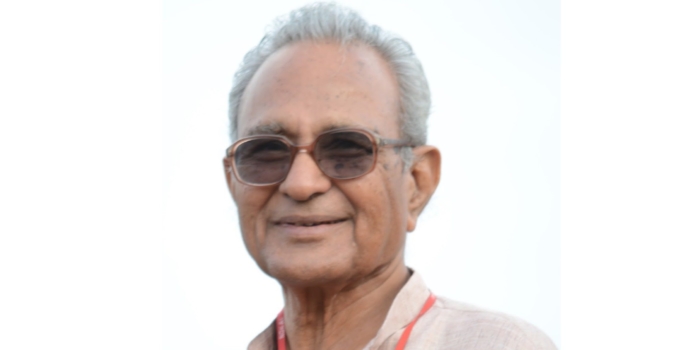by Pannalal Surana
While launching 12 irrigation projects in Bihar online, PM Modi lashed out at the Opposition who have vehemently opposed three bills pertaining to the regulation of marketing agricultural produce. He thundered that the bills in question are going to enable farmers to sell their produce anywhere so that they can fetch the highest price. A few minutes later, Amit Shah from his bed in the AIIMS, parroted his master’s voice extending empathy to the kisans of the country.
What are the main provisions of these Bills? Most important among them are that the jurisdiction of the Agiculture Produce Marketing Committees (APMC) will be restricted to the compound of their yards/sub-yards. Anybody would be able to purchase agricultural produce anywhere, at a price settled after bargaining between the purchaser and the selling farmer. On paper this does look beneficial to the farmer, but the reality is that in our country, more than 70% of farmers are marginal farmers, having holdings of less than one hectare, often spread over the vast countryside where roads are rough and few and far between.
Generally we have two agricultural seasons viz. Kharif and Rabbi in a calender year. At the end of harvesting each season, the produce of all farmers is ready for sale at the same time. Small holders, who are in the majority, are generally in urgent need of selling their goods (in economic jargon, they are called distress sales). Looking at the huge quantity, purchasers, who are a few rich traders, try to bid at the lowest possible price knowing full well that the small-holders would be forced to agree to the price they quote.
In the old days, the purchasers indulged in malpractices in weighing etc. They also used to effect a number of deductions from the aggregate price payable. Thirdly, they used to make only a part payment on the spot and deferred the payment of the balance. This meant the farmers had to visit them again later, increasing their expenses on travelling.
Laws were passed by respective state governments for the establishment of APMCs at suitable places within 15 to 20 kilometres from nearby villages. The functionaries in the market yard of APMC are the adatiyas, purchasers and hamals (for loading/unloading). Farmers can keep their produce at an adatiya and may or may not take some money as advance payment. APMC holds public auction of the produce in which any purchaser can bid price of his choice. At the end, the APMC official declares that the producer will get that highest bid price. Afterwards, weighing is also done under the supervision of APMC and by licensed persons. If the adatiya delays payment, a farmer can lodge a complaint with APMC which takes immediate cognizance and the adatiya is prevailed upon to make the payment without delay. In this way, APMC serves as a security cover for farmers.
What would be the scenario after the bills in questions will be passed and implemented? Those farmers who do not want to sell their produce in the APMC market will have to take their goods to the shop of the purchaser. He will quote his price. If the farmer feels it is too low, the farmer will have to take his things to another purcaser, and so on. After the sale is effected and goods delivered, the purchaser may make a short payment or delay it. The farmer will then have to file a complaint with the SDO, whose office may be about 20 to 50 kms away. The latter will refer it to a conciliation board which will take up the matter at their convenience. How many days the farmer will have to wait to receive payment is anybody’s guess.
Is this arrangement beneficial to billions of small farmers? Certainly not. That is the position of the Opposition parties. Thousands of Punjab farmers have staged dharnas in the national capital when the Lok Sabha was considering these bills. Small farmers all over the country are greatly agitated on this issue. Only the big purchasers and a handful of big farmers are happy .
Is that what the Ruling Duo wants?
Pannalal Surana
President, Socialist Party India.












